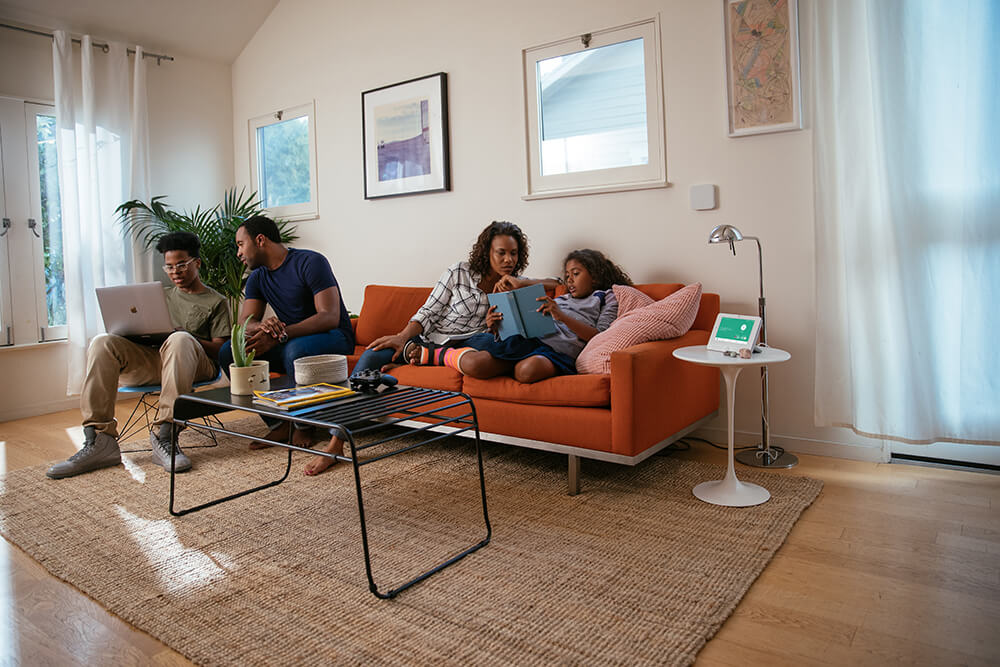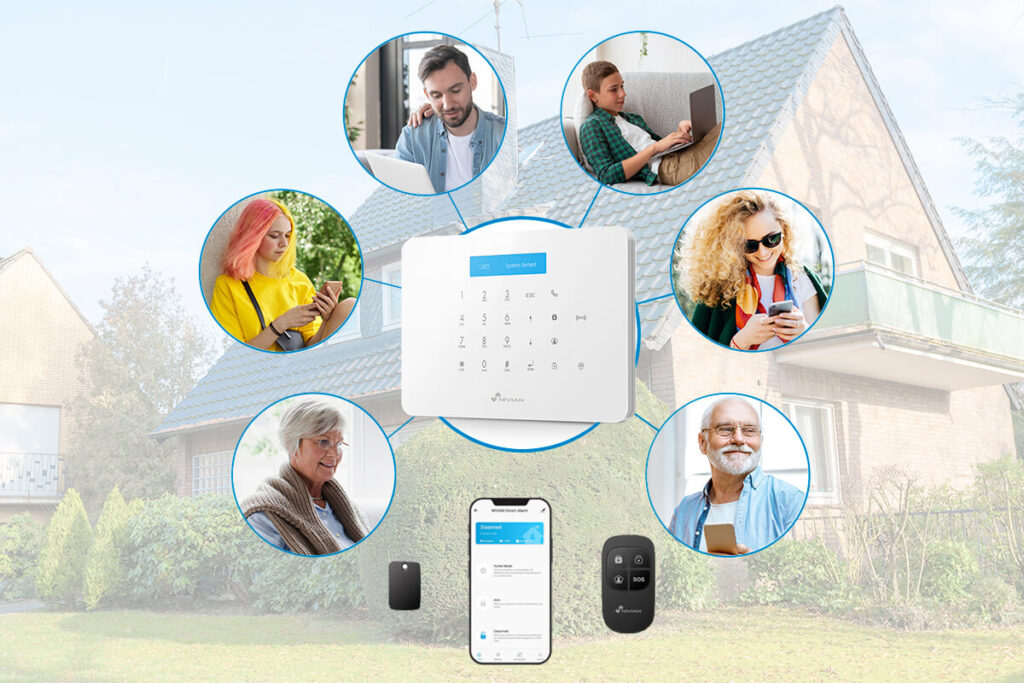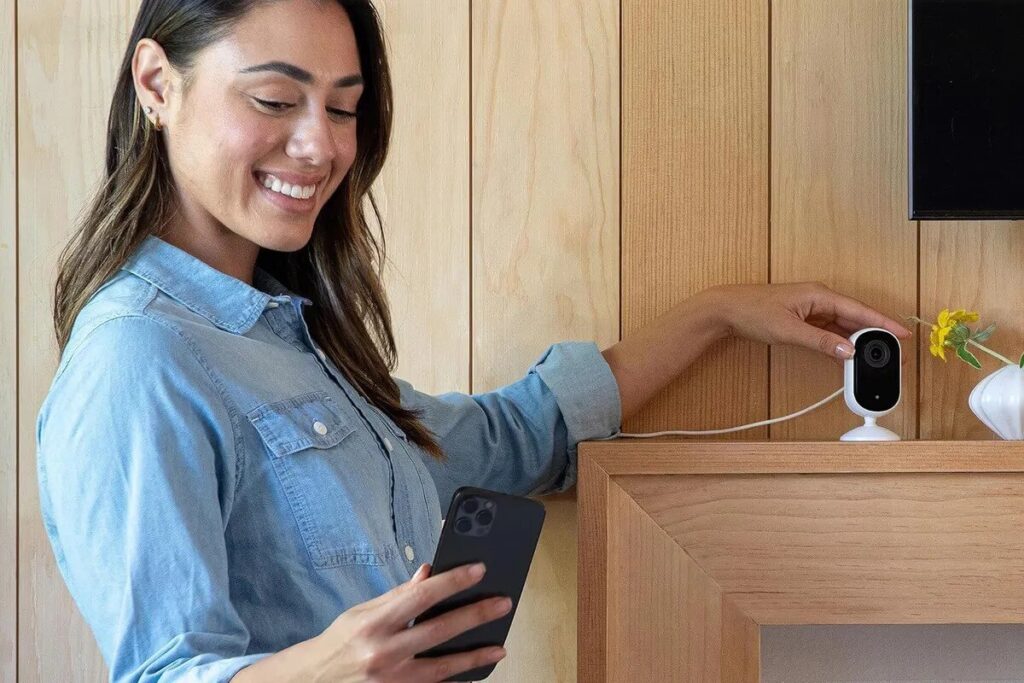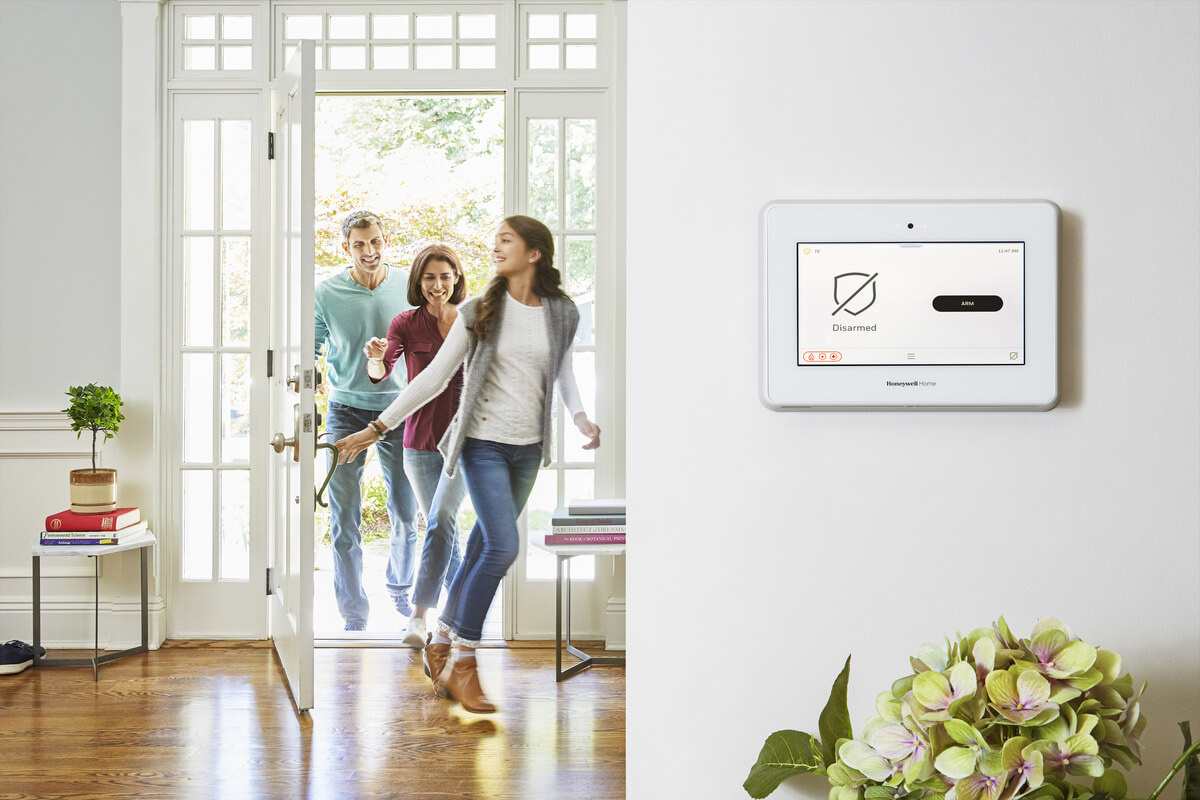Understanding the importance of home security
When it comes to protecting our homes and loved ones, the significance of home security cannot be overstated. In an age where crime rates fluctuate and threats can come unexpectedly, having a robust security system is more essential than ever.
Not only does effective home security give peace of mind, but it also acts as a deterrent against potential intruders. Knowing that your home is safeguarded allows families to focus on their daily lives without the nagging worry of what might happen in their absence.
The role of home security in today’s world
In today’s rapidly changing world, where technology evolves and crime tactics adapt, having a modern home security system is crucial. Innovations such as smart home devices, motion detectors, and remote monitoring provide an added layer of protection.
Moreover, home security goes beyond just safeguarding your possessions. It also encompasses personal safety, ensuring that your family feels secure in their own space. After all, a secure home provides a sanctuary where life’s stresses can be managed without the fear of external threats.

The emotional and financial implications of home security
Investing in a solid home security system can have significant emotional and financial benefits. While there is a clear initial cost involved, the potential loss from a burglary or vandalism can far exceed that expense. The financial impact of stolen items, damages, and insurance premiums can be staggering.
Emotionally, the peace of mind that accompanies a reliable security measure is invaluable. Families can rest easier knowing that steps have been taken to safeguard their premises, leading to a more comfortable and stress-free living environment.
Key features to consider when choosing a home security system
Choosing the right home security system doesn’t just come down to the brand or price tag; it’s about understanding what features will best suit your needs. Here are some key aspects to keep in mind when evaluating options.
The importance of alarm systems and sensors
Alarm systems serve as the cornerstone of home security. They are designed to alert homeowners of unauthorized entry, making them crucial. Look for systems that come with motion sensors, door/window sensors, and even glass break detectors to enhance security.
These types of sensors help provide comprehensive coverage by monitoring various entry points around your home. A reliable alarm system not only intimidates potential intruders but also ensures immediate notification to law enforcement or monitoring services in the event of a break-in.
Evaluating camera quality and coverage
CCTV and security cameras have become indispensable in modern home security. When selecting cameras, focus on their resolution, wide-angle capabilities, and night vision features. High-definition cameras ensure that images captured are clear enough to identify faces and details.
Additionally, consider the positioning of the cameras. Adequate coverage of your property will deter intruders and provide valuable evidence if an incident occurs. Implementing cameras at all possible entry points, as well as in strategic locations around your home, can vastly improve your security measures.

The role of smart home integration in security systems
The integration of smart home technology with security systems can significantly enhance your home’s safety. Smart locks, lighting, and other connected devices allow homeowners to have more control over their security settings.
For instance, smart locks permit you to grant access remotely to visitors or service personnel without needing to be physically present. Likewise, the ability to control your alarm system via a mobile app grants you real-time oversight, even when you’re away from home.
The difference between monitored and unmonitored systems
As you delve deeper into choosing a home security system, you’ll encounter two main types: monitored and unmonitored systems. Each has its own set of advantages and drawbacks.
Pros and cons of monitored home security systems
Monitored security systems involve a professional service that keeps an eye on your premises around the clock. The primary advantage here is the quick response times during emergencies. Should an alarm go off, professionals will notify your local authorities immediately.
However, this peace of mind comes at a price, usually in the form of monthly fees. Additionally, some people may feel uncomfortable with the idea of a third-party service monitoring their home.
Pros and cons of unmonitored home security systems
Unmonitored systems, on the other hand, offer autonomy and typically lower costs since you’re not paying for a monitoring service. You can install a range of devices such as alarms and cameras, but the downside is that you—or someone you trust—must be vigilant about monitoring alerts.
While these systems may lack the immediate response feature of monitored systems, they can still provide significant deterrence against potential intruders, especially with visible alarms and cameras in place.
Related: Why a Monitored Alarm System Is Critical for Property Protection

How to choose the right security system for your home
Choosing the ideal security system requires a thoughtful approach tailored to your specific needs. Here are key considerations to guide your decision-making process.
Assessing your home’s security needs
Take a comprehensive look at your home and its vulnerabilities. Consider factors like the size of your property, the neighbourhood, and previous security incidents. Comprehensive assessments can guide you in selecting a system that addresses your unique requirements.
Categorising potential risks, such as unlocked doors, poorly lit entryways, or limited visibility, can help you identify whether you need more sensors, cameras, or alarms.
Matching security systems to your lifestyle
Your lifestyle should also influence your choice of a security system. If you travel often or maintain a busy schedule, a smart security system that you can control remotely may be essential.
On the other hand, families with small children or pets may desire systems that integrate with home automation to ensure safety while enabling convenience, such as smart locks that can be operated via smartphone.
Budget considerations when choosing a security system
Finally, establish a budget that suits your financial situation without compromising on essential features. It’s wise to weigh upfront costs against ongoing fees for monitored systems. Consider long-term value and protection, as a more robust system may ultimately save you money by deterring incidents.
Installation and maintenance of home security systems
Once you’ve decided on a security system, it’s time to consider how it will be installed and maintained. Proper installation is key to ensuring your system operates effectively.
Understanding the installation process
Professional installation is often available, especially for complex systems that require a detailed setup. However, many modern devices are designed for easy DIY installation, allowing you to save on costs while maintaining control.
Make sure to follow manufacturer guidelines to get the most out of your system. An improper installation can lead to gaps in security, negating the benefits of your investment.
The importance of regular system maintenance and updates
Regardless of whether you opt for a monitored or unmonitored system, regular maintenance is crucial. Check batteries, reset alarms, and update any software to prevent vulnerabilities that could be exploited by intruders.
Taking proactive measures to maintain your system ensures that it operates optimally and provides the coverage you require, ultimately safeguarding your home and enhancing your peace of mind.

